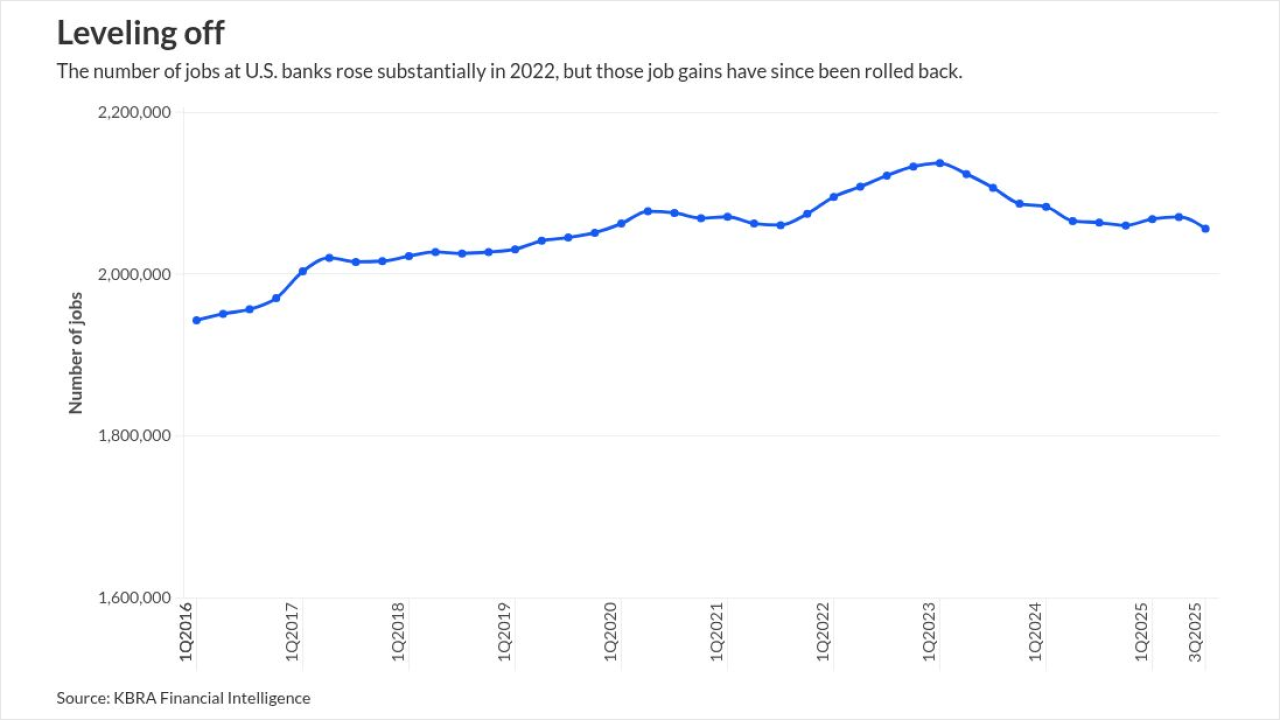Business owners no longer must scrawl their names and initials on paper when they sign up for merchant card-processing agreements.
Instead, independent sales organizations are saving time, avoiding errors, reducing paperwork and improving customer relations by convincing clients to sign digital merchant agreements with electronic signatures.
“I’m using them whenever possible,” Sheri Djuric, a sales rep for TransNational Bankcard Inc., a Rosemont, Ill.-based ISO, says of digital contracts and electronic signatures, or e-signatures as some call them.
Up to 80% of the merchants Djuric signs up for payment-processing services are signing digitally, she estimates. Only clients without computer access or with a fondness for paperwork turn down the opportunity to sign with a mouse click, she notes.
TransNational hopes to duplicate Djuric’s e-signature success companywide, says David Gronowski, TransNational national sales manager.
Before adopting e-signatures and virtual agreements about five weeks ago, TransNational relied on faxing for most merchant agreements and still was using UPS occasionally to deliver them, Gronowski says.
Faxing often yields illegible copies and requires senders to feed pages into the machine, Djuric notes. The unpleasantness of faxing not only creates more work but also encourages procrastination, she maintains.
But digital agreements and e-signatures impress merchants by making ISOs appear “cutting edge,” says Djuric.
“Some merchants get very excited about it,” Gronowski says of e-signatures and digital contracts. “They view us a little differently.”
TransNational marks the contracts to indicate where it requires signatures and initials, Gronowski notes. Merchants click on a box to create a final signature, and the system automatically submits the document, he says.
Checking a box is one of three ways users can create an e-signature with systems from EchoSign Inc., the Palo Alto, Calif.-based company that provides TransNational’s e-signatures. San Jose, Calif.-based Adobe Systems Inc. purchased EchoSign in July.
In another method of creating EchoSign e-signatures, when users type in their name it appears in a stylized font that mimics cursive writing, says Loretta Jones, who served as EchoSign vice president of marketing before the acquisition and stayed on to head EchoSign marketing for Adobe.
In a third method, users create biometric e-signatures by “writing” their names with a computer mouse, stylus or finger, says Jones.
EchoSign offers five levels of pricing. Businesses that use the service to complete five or fewer contracts per month pay nothing. The Pro License for a single user costs $14.95 a month; the Team License for two to nine players runs $19.95 a month per user; the Enterprise License for 10 users costs $299 a month; and the Global License, which adds features to the Enterprise License, starts at $399 a month for 10 users.
The company offers discounts for additional users with the Enterprise and Global licenses, and customers receive a 20% discount by paying for a year in advance instead of paying by the month, Jones says.
At the lowest level, the system prevents fraud because the person signing the contract has to know the user name and password of the email account to which the ISO has sent the contract.
To add another layer of authentication, ISOs can require an additional password and reveal it to the customer over the phone. That way an assistant with access to the customer’s email cannot sign the contract, Jones notes.
For more protection, the system can require “third-party” validation by compelling a customer to specify credentials from Twitter, LinkedIn, Facebook or elsewhere, Jones says.
Early next year, EchoSign plans to add a feature that would require users to answer questions to authenticate their identities, she says.
E-signatures have had the same legal standing as handwritten signatures in the United States since 2000, Jones notes. Other industrial countries also recognize them, she says.
But problems can arise. Acquiring banks have differing rules on what they accept as e-signatures, says Michael Fox, sales manager, merchant services, for Irvine, Calif.-based Group ISO Inc.
Those discrepancies have prevented Group ISO from using e-signatures so far, but Fox views them as a “great sales tool” and hopes to use them soon.





